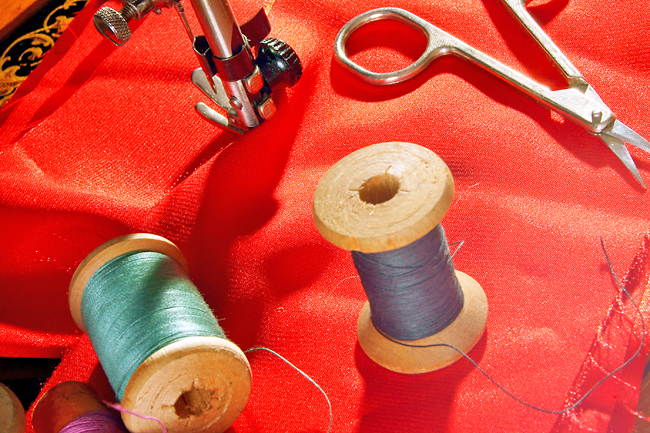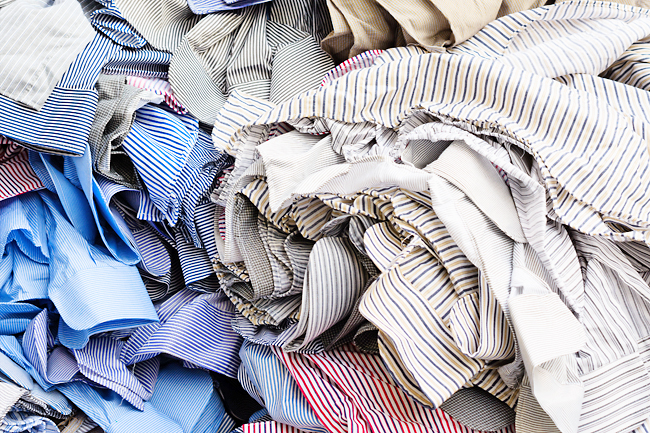ANN/THE DAILY STAR – Thrifting is nothing but the buying and selling of used, fashionable clothing that the original owner has had enough of. The items are usually in mint condition, and can be given fresh life by others. The practice is great for exchanging fashion ideas as most of the thrift stores offer an eclectic, unique selection of clothes that speak of someone’s personalised sense of fashion.
The world is in the grips of mounting inflation, and looming recession, but who would believe it, looking at the way people spend on clothing and accessories?
Catering to the appetite of the increasingly materialistic population of the world has been a tall order for the manufacturers of fashion paraphernalia, but they have quickly monetised the creeping demands for cheap clothing by resorting to fast fashion.
The result is a choking, sputtering Mother Earth, full of used and thrown clothing and other fashion accessories. Stuff that will either never decompose or take its sweet time doing so.
Concerning as the situation should be to the advocates of the environment, especially in the aftermath of the pandemic, they came up with thrifting.


Interestingly enough, thrift stores never really run out of variety, because there is just so much to go around. Shopping at these stores is a win-win, giving you the high of retail therapy, without the guilt of succumbing to the allure of cheap, fast fashion.
One can score some quality pieces of clothing much cheaper than market price. Chances are, these pieces are classics or vintage, greatly minimising the chance that you would end up looking like someone else, as is usually the case with fast fashion.
For an environment that is bursting at the seams with “stuff”, thrift stores can serve as a much-needed respite. Imagine the wholesome feeling when you know that the fashion treat you just walked out of the thrift store with did not freshly require the use of massive amounts of energy, or thousands of gallons of water to make?
Or that your money did not go to some gigantic organisation that would habitually continue its abuse on the environment, but to support a local cause?



















































